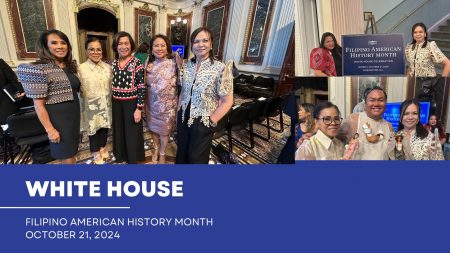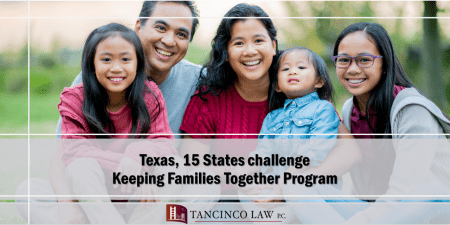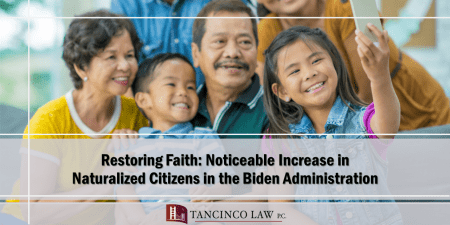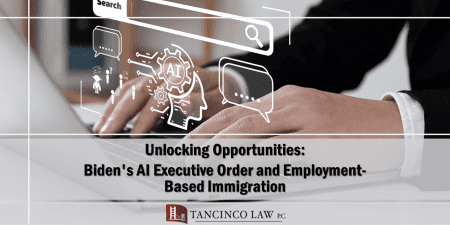On October 21, 2024, the White House hosted a special event to celebrate Filipino American History Month (FAHM) organized by the WH Office of Public Engagement and the White House Initiative for Asian American and Native Hawaiian Pacific Islander (WHIAANHPI).
With over 4.4 million Filipinos now calling the United States home, this annual celebration has become a significant occasion for Filipino Americans.
Just like other celebrations in various cities and states, the White House event was a powerful testament to the immense contributions of Filipino Americans to American society. President Biden’s heartfelt written message highlighted our community’s dedication to public service, healthcare, the arts, and countless other fields. His words were a source of inspiration, recognizing the resilience, innovation, and unwavering spirit of the Filipino people.
Hosted and moderated by Kota Mizutani of the WH Office of Public Engagement, the event was filled with insightful discussions and inspiring speeches. Distinguished panelists explored critical issues such as civic engagement, mental health, education, and immigration. Renowned figures like Gina Ortiz Jones, the 27th Undersecretary of the Air Force, and Representative Robert “Bobby” Scott delivered powerful speeches that ignited our passion for service.
Officers of national organizations, Dr. Kevin Nadal and Brendan Flores of the Filipino American National Historical Society (FAHNS) and the National Federation of Filipino American Associations (NaFFAA) respectively, gave speeches emphasizing their dedication to preserving our heritage and empowering our community.
The various panels presented varying community issues: (1) Civic Engagement and Advocacy moderated by Jason Tengco, the liaison at the White House Personnel Management; (2) A Fireside Chat with retired White House Chef Cristeta Comerford; (3) Creative/Artists Panel with Jocelyn Enriquez, Carlyle Nuera, Chef Jordan Andino and Patrick Starr.
The afternoon of discussion was concluded by serving attendees with Jollibee Chickenjoy sandwiches.
Beyond the White House Event
While the White House event recognized and presented notable leaders and achievers, it’s important to acknowledge the countless ordinary Filipinos who have made extraordinary contributions to our community and the nation as a whole. Their tireless efforts, sacrifices, and unwavering spirit have paved the way for future generations.
In celebrating this annual Filipino American History Month, let us not forget to honor these unsung heroes and continue to strive for excellence in all that we do. Together, we can build a brighter future for ourselves and for generations to come.
The impact of Filipino American History Month extends far beyond the walls of the White House. Communities across the nation organize various events, from cultural festivals and parades to educational workshops and historical exhibits. These celebrations not only highlight our rich heritage but also foster a sense of belonging and pride within the Filipino American community.
It is through these collective efforts that we can ensure the legacy of our ancestors is preserved and celebrated for generations to come.










